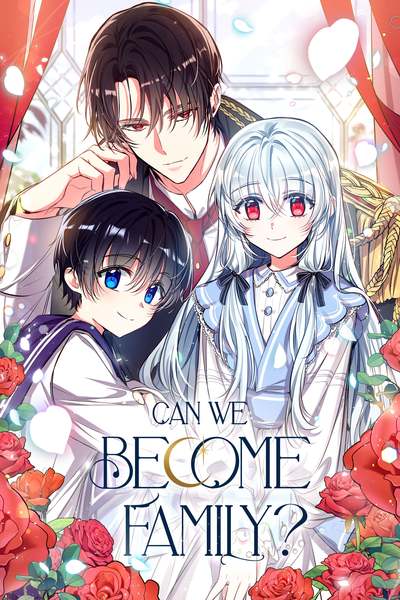Family is often defined as a group of people related by blood or marriage. However, the concept of family extends far beyond just genetic ties. Over time, close friends, partners, adopted children, pets, community members and more can truly become family.

Choosing Your Family
While we don’t get to pick our biological families, as adults many of us have the ability to choose who we consider family. Building a family from friendships and other relationships can be incredibly meaningful.
Partners Becoming Family
Romantic partners who are committed to each other in the long-term often view one another as family. Legal marriage cements this, but any long-term partnership can develop deep familial bonds. Partners rely on each other, build a home together, share finances, support each other during hard times, and do all the things that family members traditionally do.
Friends as Family
Close friendships can also become familial in nature. Friends are there for each other during life’s highs and lows, know each other deeply, and offer unconditional support. Some friends care for each other as much as any family member would. These friendships fulfill the human need for belonging that family provides.
Pets as Family
For many people, pets are full-fledged members of the family. People adopt pets into their homes, care for them, develop tight bonds with them, grieve their loss, and more. To many, pets offer companionship and affection that rivals or exceeds what they get from human family members. Pets can become like children in the household.
Adopted/Foster Children
While adoption has always allowed non-biological parents to form families, adoption by LGBTQ couples, single parents, older parents and more is now commonplace. Legal adoption makes children full family members, but foster children also often develop familial bonds with foster parents. Many adopted and foster kids feel they have two families.
Chosen Family in the LGBTQ Community
The concept of “chosen family” is common in LGBTQ communities. Many LGBTQ people are rejected by biological relatives when they come out. Finding unconditional love and support within friend circles helps LGBTQ people survive and thrive. These chosen families can be as strong as any biological bonds.
Providing Support
LGBTQ chosen families provide social, emotional and sometimes financial support to their members. They offer each other advice, celebrate milestones together, nurse each other back to health, provide shelter if someone is homeless, pool money for things like surgery, and more. This support fills the void left when biological families reject LGBTQ relatives.
New Family Traditions
Chosen LGBTQ families often create their own unique traditions. They may host annual Friendsgiving dinners, go on annual group vacations, have weekly meals together, and more. These new traditions help solidify the familial bonds.
Legal Protections
Some LGBTQ chosen families take legal steps to protect each other. They may add each other as beneficiaries, co-own property, grant medical power of attorney, or even formally adopt adult friends. This gives their chosen family legal recognition.
Community as Family
Some see their entire community as an extended family. Close-knit immigrant groups, indigenous tribes, religious congregations, neighborhoods, social movements and more view the larger community as family. They share values, resources, traditions and experiences in a familial way.
Shared Values
Community family members share common values, beliefs and life experiences that unite them. This creates a strong sense of belonging. For example, an immigrant community that faces racism may band together in a familial way.
Communal Living
Some community families live communally, sharing homes, resources and child rearing duties. Examples include Israeli kibbutzim, Hutterite colonies, and Native American tribes. Daily living is very family-like.
Rituals and Traditions
Like traditional family, community families often participate in rituals, ceremonies and traditions together. This could include religious services, annual celebrations, rites of passage to adulthood, funerals when members die, and more.
Caring for Elders
With longer lifespans, many elders are now living decades past the time their spouses and sometimes children have died. Isolation can set in. However, some intentional communities have developed to care for elders, often viewing them as family.
Homes for LGBT Elders
LGBT seniors who faced discrimination growing up sometimes find traditional elder homes unwelcoming. Some LGBT organizations have created elder homes specifically for the LGBT community. Residents care for each other like family.
Multi-Generational Living
Some families choose to have grandparents, parents and grandkids living under the same roof, allowing elders to age at home. Kids gets to know grandparents well, while grandparents help parents with childcare. Close bonds develop through daily contact.
Senior Co-Housing
Senior co-housing communities allow elders to have private rooms/apartments while sharing community spaces. Residents often eat together, socialize, participate in activities, care for those who fall ill, and call each other family. It combats isolation.



